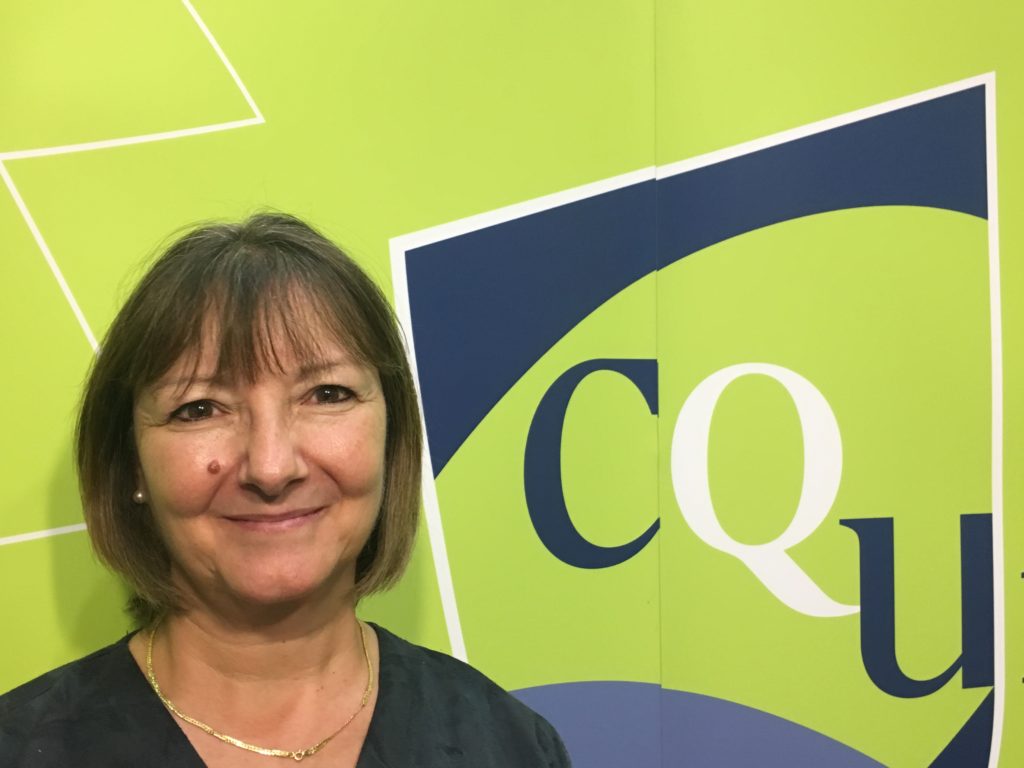
A CQUniversity academic says children need to be equipped from a young age to navigate the challenges posed by digital technologies and manage risks effectively with the guidance of parents and other adults.
Dr Marika Guggisberg says parents have an opportunity to influence their children’s online behaviour by being positive role models.
She says women, as the usual primary care givers, have an increasingly vital role as gatekeepers to protect children from danger and risk arising from online technology, while educating them about their evolving digital footprint.
Researcher Dr Guggisberg was the lead author of the chapter ‘Educated women as gatekeepers to prevent sexual exploitation of children’, in the forthcoming book Women’s education: Global perspectives, challenges and opportunities by Nova Science Publishers in New York.
“The risks include exposure to sexualised content and interaction with known and unknown persons, which may also lead to offline child abuse,” she says.
“Despite the risks, it is important for parents to recognise that restriction and creating an atmosphere of fear are unhelpful and counterproductive.”

Dr Guggisberg has been tracking the dangers of uncensored multiplayer games, such as those developed through the Roblox entertainment platform, where kids often go to “hang out” even when not actively playing.
Parents have reported virtual “rapes” of their children’s game avatars and even invitations for children to witness avatars engaging in explicit sex acts.
“Some children have been found to use so-called third-party applications to override parental controls over these games,” Dr Guggisberg says.
“Meanwhile, sexting has become normalised among children, which sometimes involves coercion and threats along with unintended consequences such as “sextortion” involving bribery, threats and blackmail where increasingly sexual images are demanded.
“Online sexual solicitation does not only occur by strangers but also from individuals known to the child.”
Positive online role models needed
Dr Guggisberg says risks factors can compound in complex ways. For example, children subjected to intra-familial child sexual abuse may become more at risk of online sexual risk-taking in adolescence.
“While some offenders engage in extensive grooming to establish a trusting relationship, others seek instant gratification by introducing sexual content early on in the online interaction.
“Clearly, children deserve to participate online and discover their potential. They need to be equipped from a young age to navigate the challenges posed by digital technologies and manage risks effectively with the guidance of parents and other adults.
“It is imperative that the opportunity is not missed to engage young children and teach them important online safety behaviours.”
Dr Guggisberg says that managing children’s use of internet technologies is complex, requiring contextual awareness, knowledge and understanding.
She has co-authored the chapter with Dr Eva Dobozy from Curtin University.
- Other news: Cyber criminals ransom Bundaberg businesses
- Model railway open day to spark your imagination
- Bundaberg’s best to face Brisbane Roar







